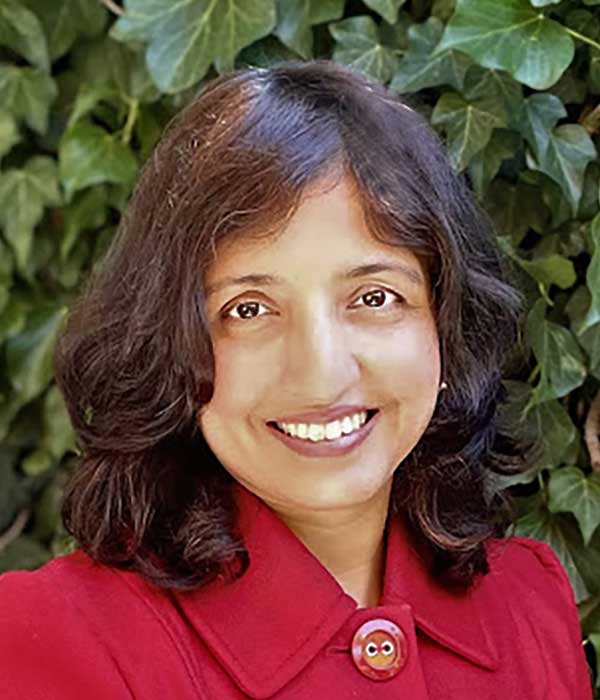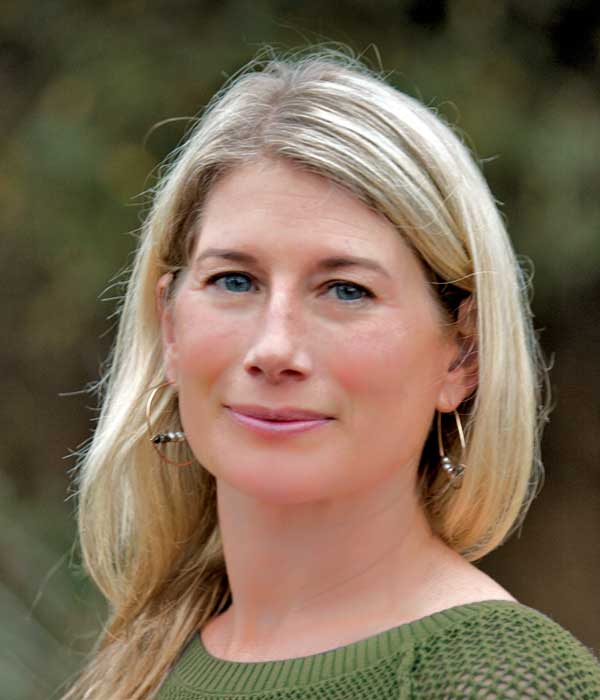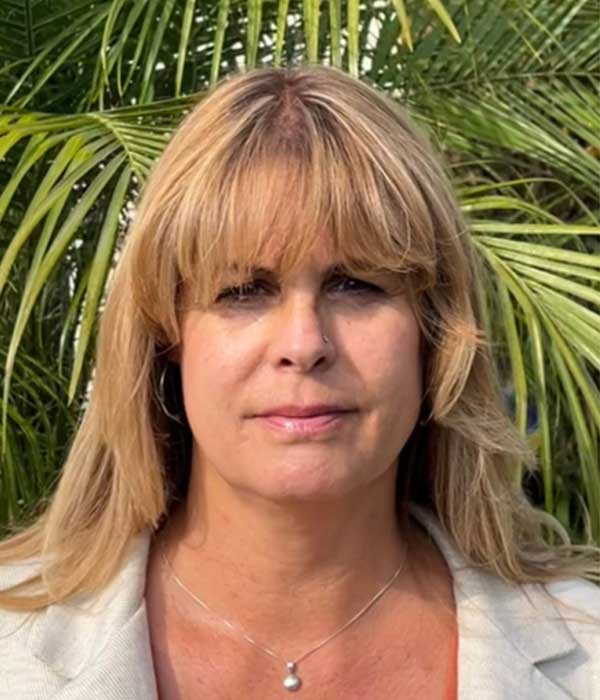INSTITUTE
SCHOOL OF AYURVEDA
at Mount Madonna, California
INSTITUTE
SCHOOL OF AYURVEDA
at Mount Madonna, California
The mission of Mount Madonna School of Ayurveda in California is to educate and train future health professionals and empower them to use Ayurveda to transform individual health and community well-being.
We envision Mount Madonna School of Ayurveda as a premier Ayurveda academic institution offering clinical and research education.
Our goals are to:

Choose the level of education to fit your goals
The first three months of the Ayurvedic Health Counselor Program.
The first six months (online only) of the Ayurvedic Health Counselor Program.
A 12-month program: 9 monthly online modules and coursework, one 7-day in-person student clinic/integration practicum, and 3 months to complete clinical consultations online.
A 19-month program: 15 modules of coursework, 11 modules are hybrid (option to choose online or in-person), 4 modules are required to be in-person and 3 months to complete clinical consultations online.
After completing the Ayurvedic Health Counselor program and the Advanced Yoga Studies (YTT 300) program, attend six months of online Yoga-Ayurveda Integration, one 6-day in-person practicum, and one year of clinical practice.

Personalized Consultations
Take a deep look into your emotional and physical health and receive individualized recommendations to meet your current needs.
More Information
For more information regarding our programs and admissions, please email us at info@mountmadonna.org or call (408) 846-4060.
Academic Year 2025-2026
Estimated total does not include meals and lodging. Your meals and lodging cost is based upon your housing selection and length of stay.
*Application fees are non-refundable





Populi is a web-based learning management system (LMS). It covers academics, admissions, billing, people, reporting, library, integrated email and calendar. MMI uses Populi as its student information and learning management system, where all student and classroom activity is recorded. Application, enrollment, course work, lessons, assignments, quizzes, grades, transcripts, and financial balances are all located in Populi.
Open House & Info Sessions
Join us for an In-Person Open House or an Online Information Session to learn about upcoming Yoga & Ayurveda Programs.
For more information regarding our programs and admissions, please email us at info@mountmadonna.org or call (408) 846-4060.
Frequently asked questions about our Ayurveda programs.